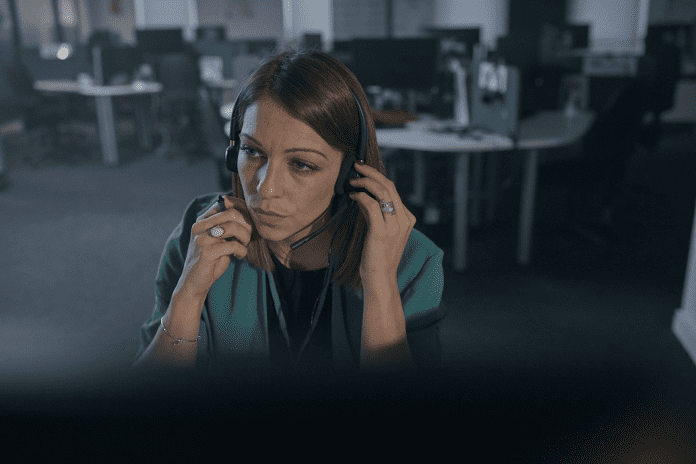- A North Wales survivor of child abuse appeals for adults to report concerns about suspected child abuse
- New survey reveals public concerns about child abuse during crisis but one in four adults in Wales unsure where to go for advice about suspected incidents
- Survivors speak out to urge anyone with worries about a child’s welfare to contact the NSPCC’s Helpline
A woman from North Wales who was abused as a child is urging people to report their concerns after it was revealed by NSPCC Cymru that over a quarter of adults in Wales are unsure where to seek help about suspected child abuse despite worries about the heightened risks to young people during the lockdown.
The survey by the children’s charity of over 2,000 adults in Britain, found that 28% of adults in Wales are not confident they would know where to get advice if they thought a child or young person was being abused or neglected.

Jess, 29, is from North Wales and was emotionally abused by her father who beat her mother throughout her childhood. He was later jailed for an attack on his new partner after Jess and her mother gave evidence against him in court.
“Our lives could have been completely changed. If there had been an intervention earlier on, then we perhaps would have been able to escape sooner. He may not have gone on to carry out the same abuse on his next partner and her son.
“Even if your concern turns out to be something that was misheard or misinterpreted, make the call because it is always better to be safe rather than sorry. One phone call and you have the potential to change a child’s life, to save them.”
The findings also reveal that adults in Wales are worried about the impact of the lockdown on children suffering domestic abuse, with 75% reporting they were ‘fairly’ or ‘very’ concerned, with similar concerns for physical abuse (72%) and emotional abuse (76%).
There is growing concern for the safety of vulnerable children during the coronavirus crisis, particularly as teachers and social workers have limited access to them with most not taking up the places at school allocated to them.
That is why the NSPCC has launched a nationwide campaign, backed by survivors and £1.6million of UK Government funding, to ensure more people know they can raise concerns about child safety and wellbeing to its Helpline.
Kam Thandi, Head of NSPCC Helpline, said: “It is terrible to think that cases of child abuse and neglect may be going unreported because people don’t know where to go to for help and advice.
“At the moment, we’re increasingly reliant on the public to come forward with their concerns and if reports drop we fear abusers will have free reign to harm children, both physically and emotionally.
“Even if you are not 100% sure, we urge any adult who is worried for the safety or wellbeing of a child to contact our helpline. We can answer any questions and concerns, provide reassurance or importantly take quick action if we feel a child is in danger.”
Jess was able to get away from her abuser after running from his house in her pyjamas to a local shop and calling for help.
“It took a long time for me to feel ok again. I spent my childhood asking to use the toilet in my own home – it took ages to realise I was safe and could relax.
“Witnessing so much domestic abuse for so long has had a serious long-term impact. I worry I should have done something sooner – but I was only a child.
“I have anxiety now and can’t watch horror films or be in noisy environments. It will affect me for the rest of my life.”
Spotting the signs of abuse or neglect may be more difficult in the present climate, but indicators can include:
- aggressive or repeated shouting
- hearing hitting or things being broken
- children crying for long periods of time
- very young children left alone or are outdoors by themselves
- children looking dirty or not changing their clothes
- children being withdrawn or anxious.
To help workers who regularly visit homes, such as postal workers and delivery drivers, spot safeguarding concerns the NSPCC has made a 15-minute safeguarding course free.
If you suspect a child or young person is in immediate danger call the police immediately on 999. Alternatively, contact your local children’s social care team by visiting https://gov.wales/reporting-suspected-abuse-harm-or-neglect-safeguarding
Any adult concerned about the welfare of a child or young person can call the NSPCC helpline for free and confidential advice and support on 0808 800 5000 or via he**@*******rg.uk.
Children can contact Childline for free on 0800 1111 or childline.org.uk 365 days a year, and speak to a counsellor about a worry or concern they may have.

| [donate]
| Help keep news FREE for our readersSupporting your local community newspaper/online news outlet is crucial now more than ever. If you believe in independent journalism,then consider making a valuable contribution by making a one-time or monthly donation. We operate in rural areas where providing unbiased news can be challenging. |



















